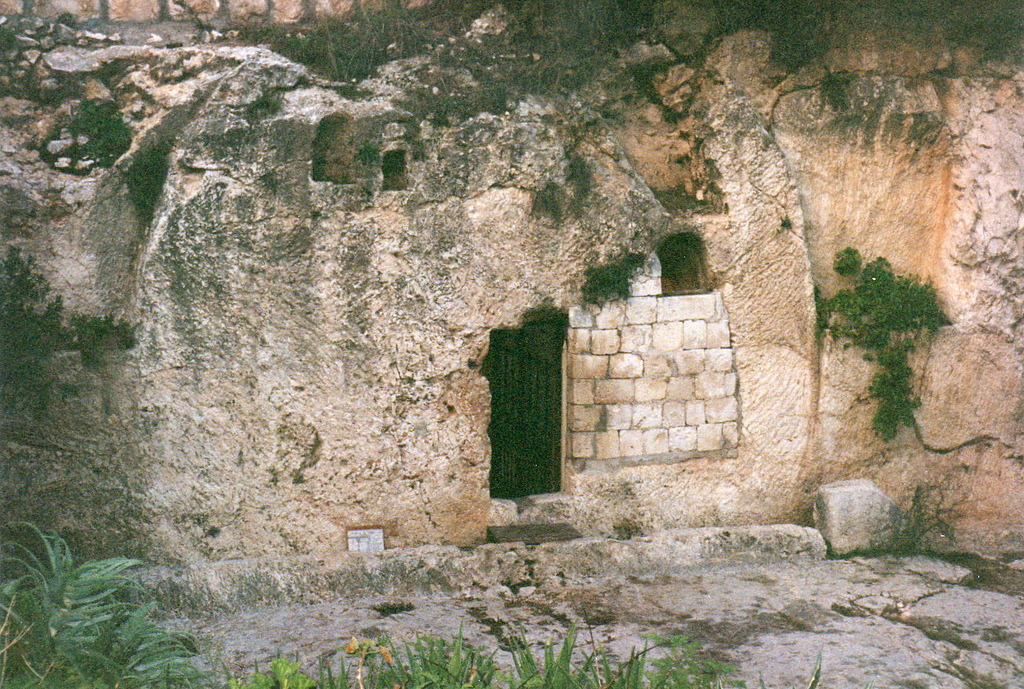A year or so ago, we had to put down our cat of nearly 19 years, the aptly-named Isis. I say aptly-named, because Isis was a bit of a terrorist, particularly with houseguests, who would inevitably ignore our warnings to keep their distance. Still, we got used to having Isis around, loved her for what she was, and even found some of her naughty behavior amusing.
When I came home from the veterinarian’s office, empty carrier in hand, I began to de-cat the house. I immediately got rid of Isis’s litter boxes, of course, washed and put away her water and food dishes, and parceled out her toys to more deserving pets. What surprised me, however, was that I’d become so accustomed to living with cat paraphernalia that throughout the week I kept stumbling across things that escaped my notice. Isis’s carpeted kitty cubby, for example, remained in the hallway near our bedroom for almost a week, where I walked past it–almost tripped over it, really–several times a day. It wasn’t that I was particularly sentimental. It was just that I failed to notice it was there.
Having grown up in the LDS Church, where we learned public speaking by giving two-and-a-half minute talks in Sunday School, I immediately recognized this experience as the stuff of which such talks–and countless object lessons–were made. What remnants of needless attitudes, practices and policies, particularly with regard to gender, do we retain simply because they’ve grown familiar and, as such, unquestioned?
It usually takes some kind of disruption in our routine thoughts and experiences to open us to needed change–a tragedy or an epiphany or something as mundane as a question or a conversation.
In Ordain Women’s Conversation Three, I wrote: “As we obtain more light and knowledge, our [lives,] institutions and policies should reflect that increased wisdom. Church members … play a part in this process. We ask questions and articulate the need for revelation.”
Similarly, President Dieter F. Uchtdorf told us that “… if we stop asking questions, stop thinking, stop pondering, we can thwart the revelations of the spirit. Remember, it was the questions young Joseph asked that opened the door for the restoration of all things. … How often has the Holy Spirit tried to tell us something we needed to know, but couldn’t get past the massive, iron gate of what we thought we already knew.”
On this Easter Sunday, President Uchtdorf’s remarks bring to mind the image of the open tomb–the stone rolled back, no massive iron gate concealing the revelation within–and the possibility of a religious community without obstacles to women’s equality.






